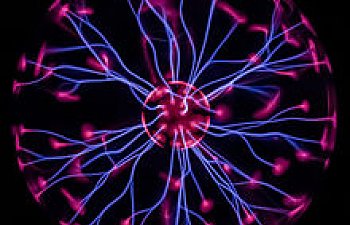Why I first got involved in this topic is because there often is a “Faith vs. Knowledge” dichotomy that is setup in Christianity. This especially seems to take place after Christianity spends a few centuries dealing with the Gnostic heresies. After this time, Gnosis especially of the revelatory nature, takes on negative connotations where Christians tend to shy away from using it unless directly quoting from a Koine Greek passage. The Sad part of this is “Faith” often works through revelatory Gnosis. Take a look at the following example.
Matthew 16:13-19 New International Version (NIV)
Peter Declares That Jesus Is the Messiah
13 When Jesus came to the region of Caesarea Philippi, he asked his disciples, “Who do people say the Son of Man is?”
14 They replied, “Some say John the Baptist; others say Elijah; and still others, Jeremiah or one of the prophets.”
15 “But what about you?” he asked. “Who do you say I am?”
16 Simon Peter answered, “You are the Messiah, the Son of the living God.”
17 Jesus replied, “Blessed are you, Simon son of Jonah, for this was not revealed to you by flesh and blood, but by my Father in heaven. 18 And I tell you that you are Peter,[a] and on this rock I will build my church, and the gates of Hades will not overcome it. 19 I will give you the keys of the kingdom of heaven; whatever you bind on earth will be[c] bound in heaven, and whatever you loose on earth will be[d] loosed in heaven.”
It is clear in the following example that Peter’s declaration of Faith was preceded by receiving a kind of revelation (aka Gnosis).
In today’s society we often have different kinds of paradigms and beliefs. One of them that is prevalent, especially when dealing with atheists is to speak of "Faith as believing in something that you do not have any direct evidence for." In this case, Faith is seen as a form of sentiment, wishful thinking etc. And is often contrasted with the more rationale viewpoint of the atheist who believes in empiricism, logic, learning through the scientific method of experimentation and observation. In this case, Gnosis in the Revelatory sense can seen as a kind of proof or evidence or witness. Having a direct revelation from God is something different than blind faith. Of course getting an atheist (who most likely suffers from his own biases) to believe this is another story, but hopefully this distinction will help Christians and other theists.

